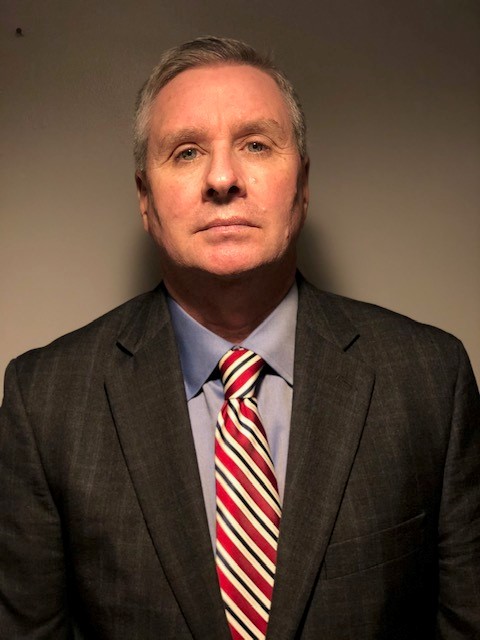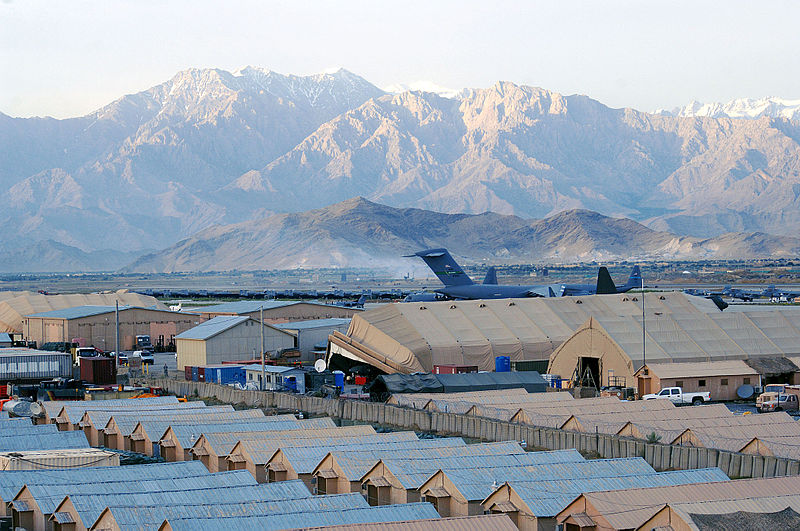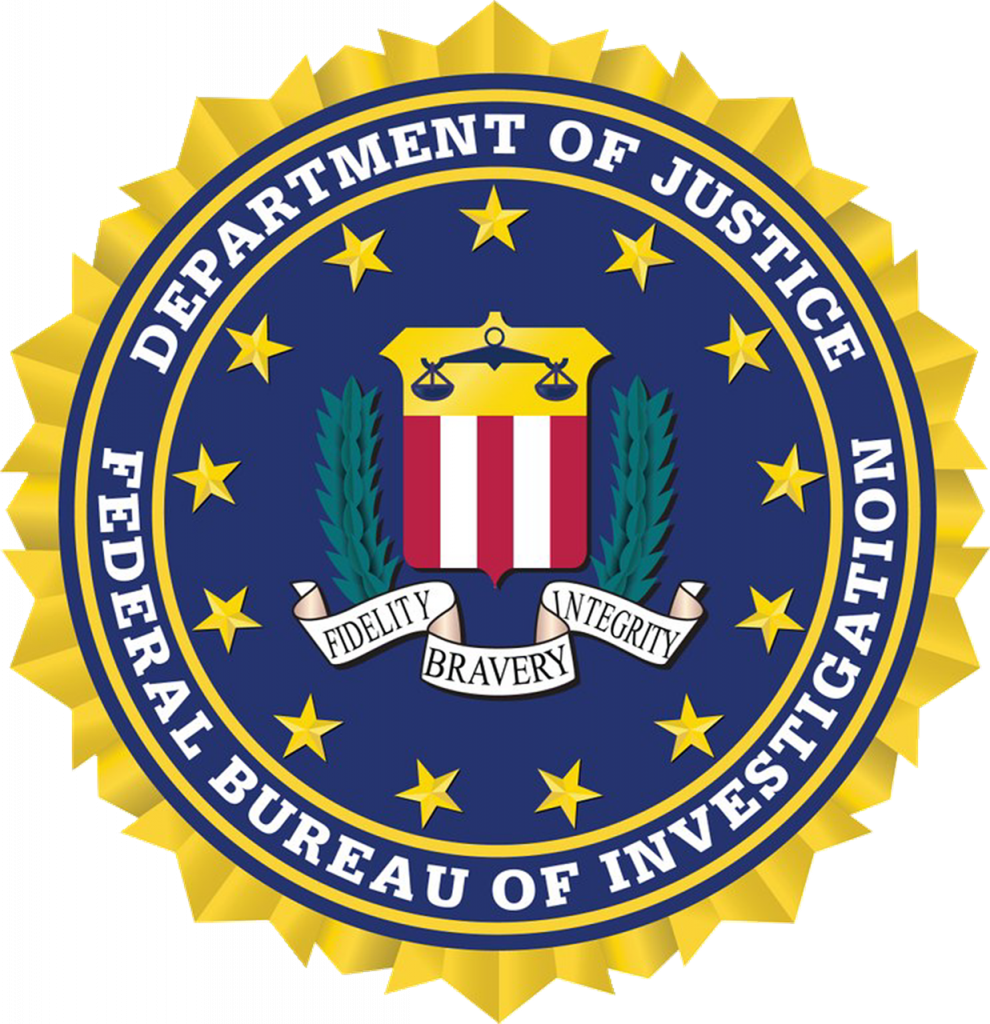Craig Donlon is a Director in Prescient’s New York Office and supports the firm’s Investigations and Intelligence Practices. Prior to Prescient, he was a decorated Special Agent with the Federal Bureau of Investigation (FBI). Among many successful operations, Donlon’s squads have taken down the notorious Genovese crime family in New York; spearheaded the elicitation of critical intelligence from an al-Qaeda operative; identified a Taliban money laundering operation in Afghanistan; and disrupted American labor racketeering schemes. Both he and Prescient’s Co-Practice Lead for Investigations, Patrick Murphy, were awarded the FBI Director’s Award for Outstanding Criminal Investigation.
Prescient sat down with Donlon to discuss his background and the accidental beginnings that led to an exemplary career in federal law enforcement and private investigations.
How did you come to join the FBI?
Craig Donlon: It’s not a simple story. I graduated from college and had no idea what I wanted to do. I was waiting tables at a country club. I was thinking about law school. I was thinking about being a writer. I didn’t know what to do. But my manager at the country club was a retired NYPD homicide detective and he really liked me. He said: “I think you should get into law enforcement.” I had no one in my family that had ever been in law enforcement, but the more I thought about it, the more I thought: “This is something I’d really like to do.” So, my manager started helping me and introducing me to people he knew. I took some local police department tests. I applied to several federal and state law enforcement agencies. In 1984, The FBI came calling and asked me to be a clerk. So, that’s how I got into law enforcement, my country club manager said: “I think you should be a cop.”
What were your first months like at the FBI?
Donlon: My first day there, with a college degree, I was in the mailroom. I was a mail clerk for the FBI for $11,070 a year. I was there for about a week and then the supervisor said to me: “There’s an opening on the Joint Terrorism Taskforce. Would you like to go work there?” I was like: “Wait a second, Joint Terrorism Taskforce versus the mailroom?” So, I ended up doing that for six months. When that came to an end, I went back to the mailroom, which was a big letdown. Then I took a test and got on a surveillance squad. We used to follow Soviet spies. I did that for about two years. Then I took the FBI’s agent test, which back then required three years of service eligibility. I didn’t pass. So, I figured I’d take all these other tests and applications and the Marshals hired me. I became a Deputy U.S. Marshal in 1987.
What interested you about the U.S. Marshals?
Donlon: The Marshals are an agency a lot of people have heard of, but they probably don’t really know what they do. It’s a very dangerous job. They don’t do a lot of investigations. They do fugitive cases, which are very rewarding. But I ultimately applied back to the FBI, because that’s where my heart was. I was fortunate I got in. If I had not gotten accepted by the FBI, I would have stayed with the Marshals. I was hired by the FBI in February 1995.

What were the priorities of the FBI at that time?
Donlon: They had terrorism squads, but, I mean, international terrorism was the [Irish Republican Army] at that point. The priorities also depended on the office. For example, New York had an organized crime issue, and it was one of the office’s priorities. In the New York office, much of Italian organized crime was broken up by families. I was fortunate enough to be asked to assist an agent who had a big case going. We did the Genovese Family, which was the largest, most secretive, and most powerful of the families. Vincent “The Chin” Gigante was the boss at the time. I ended up on that squad for eleven years.
What were some of the Genovese operations you were investigating and disrupting?
Donlon: That case included everything: racketeering, murders, you name it. The Genovese Family and the Lucchese Family are the two families that really controlled the trades. The Genovese Family were in so many unions it was unbelievable. My squad investigated Elevator Operators, Carpenters, Operating Engineers, Laborers, a bus union. But yeah, the Genovese were really ingrained in the unions. We actually had a full-blown investigation into the International Longshoremen’s Association (ILA). We ended up spinning that off into a civil RICO case. We had ended up arresting George Barone. He ran the ILA for the Genovese Family. He was the second soldier to ever cooperate from the Genovese Family. The Genovese wanted to kill Barone, because he had denied a request from Gigante regarding the union. Barone told us the only reason he did was because he was 84-years-old at the time and he couldn’t fight. He said if he was twenty years younger he would’ve gone to war. So, he said: “screw it, I’ll join Team USA,” and that’s how we ended up doing the case against the ILA and its upper management. Later in my career, I ended up becoming “the labor racketeering guy,” just because the experience on the Genovese case was so unique.
What was your sourcing methodology on the Genovese case?
Donlon: Everything. You always tried to recruit human sources. That was very difficult in the Genovese Family because they didn’t cooperate. A big break came when another FBI squad arrested a guy for a shooting and the guy wanted to cooperate. He ended up being a Genovese associate. A meeting was held by upper management and it was decided my squad would operate the guy. It ended up as a three-and-a-half-year investigation. The source made thousands of hours of tape, phone calls, meetings. That was really the basis of how we ended up taking down a total of sixty people.
How did that go to trial?
Donlon: Vincent “The Chin” Gigante went to trial, which was good. Because Gigante acted crazy (he’s the guy that used to walk around in a bathrobe in the Village mumbling to himself), we had to prove that he was competent. So, my co-case agent and I learned a lot about neurology and psychology. It was very rewarding. He was convicted and sentenced in 1997. We won the FBI Director’s Award for Outstanding Criminal Investigation. The grand total was that we arrested sixty individuals, including several street bosses as well as captains and soldiers. There were seven trials and we had fifty-nine convictions out of sixty. A low-level guy ended up acquitted on drug charges.
After the Genovese case you ended up specializing in labor racketeering. What did that entail?
Donlon: I did eleven years there. Then I went out to Long Island. The FBI had an organized crime squad out there, where I continued working a Genovese case regarding a guy named Tino Fiumara. He’s dead now. He died before we could get him. That was a very interesting case. He used to leave his house in the suburbs of Long Island. I think I identified him using 32 payphones. It was a lot of work. I was trying to get a roving Title III, which meant I wanted to go up on all those payphones he was using. But then I went to Afghanistan for four months.

Bagram Airfield in Afghanistan (Photo by U.S. Army)
What brought you to Afghanistan?
Donlon: I was actually a block away from the World Trade Center when the first tower fell, along with my fellow squad mates. We were getting ready to go do an investigation if you can imagine that. So, I worked 9/11 related cases until November 2001. Then they put us back in our squad. It just felt like I never did enough. Then I found out there were opportunities to go to Afghanistan and Iraq for the Bureau. I wanted to go to Afghanistan because that’s where the impetus for 9/11 came from. I just felt it was my duty as a New Yorker. I tried to talk to my wife about it, but she wouldn’t even answer my question at first. It took me four months of bugging her before she finally sat down. She finally said OK.
Where were you in Afghanistan?
Donlon: I went to Afghanistan from 2007 to 2008 and was stationed at Bagram Airfield. I worked at the jail and interviewed Taliban figures and other foreign fighters, including al-Qaeda affiliated individuals.
While I was there, the Pakistani authorities captured an American citizen from Long Island who had joined al-Qaeda. His name was Bryant Neil Vinas. He was brought back to Bagram where he was interrogated. I was selected as one of the interviewing agents. We spent ten hours with him the first day and ended up getting his whole story. It ended up being kind of fortuitous that he was from Long Island and I was from Long Island. I was able to establish some trust between the two of us that way, because we could small talk. We got him to cooperate. He was transported back to the United States on the second day. Vinas had a phenomenal memory and he was able to identify people and locations. I’ll be a braggart here a little bit, but Vinas’ cooperation led to significant U.S. military gains. Along with the investigations in the Genovese family, I’m very proud of that one.
I came back and worked terrorism on Long Island for a year. Then I had the opportunity to go back to working organized crime, which I did in the Queens office. Then from 2010 to 2011, I went back to Afghanistan and worked in Kabul. We ran our own informants in Kabul and it was the only foreign country in the world where the CIA allowed the FBI to run its own sources. That was a lot of fun and we got some really good information. Probably one of the best things I did over there involved a U.S. airfield. The U.S. was paying the locals a significant amount of money each month to lease the land for the airfield. One of my sources told me: “You are giving that money over to a local guy who’s actually a Taliban affiliate. He brings your money right over to the Taliban. So, you’re actually leasing the land from the Taliban.” I’m like: “Holy crap! We’re giving the Taliban a lot of money every month!” So, we had to corroborate the source, and we did. The military ultimately arrested the guy using the intelligence I had collected, and we stopped paying the Taliban every month.
What did you do when you returned to the U.S.?
Donlon: I came back to organized crime. Like I said, I kind of got pigeonholed into doing union cases towards the end of my FBI career, which was fine. They all had organized crime ties, but it was a different approach to get to a conviction. Union cases aren’t sexy. Then I went to polygraph school in 2010 and became a polygraph examiner. I did that for about a year as well and finished up my career in organized crime.
How did you end up in the private sector?
Donlon: I was eligible to retire but wasn’t really looking to leave. My partner and supervisor both came to me independently and suggested I have lunch with a guy named Rob Panella who had been with the U.S. Department of Labor’s Office of Labor Racketeering and Fraud Investigations. [Panella is a Managing Director & Head of Prescient’s New York Office.] Rob was then working for a company called Thacher Associates, which handled New York construction-related cases. They were looking for somebody with a labor racketeering background. I was hesitant at first, but then I figured if not now, when?
Was there any sort of learning curve coming into the private sector, where you usually have significantly less resources?
Donlon: Yeah, that’s a very good question. At the FBI, I could go to a guy and try to lure a subject with honey, but he may not accept it. So, I can come back with the hammer, a subpoena, and often get what I want anyway. You can play hardball. In the private sector, if a guy doesn’t want to tell you his story, you have to be able to figure out a way that’s going to get him to provide information. You have to be able to entice him, whatever that may be. So yes, the transition was a big mindset change. But actually, becoming a polygraph examiner late in my FBI career helped me become a better interviewer. I was able to adapt my style when I was at the Bureau, so I didn’t have to be a tough guy all the time. I try to get people to explain their story and why it would benefit them to do so. You can usually get at least a snippet of information from everybody.
What’s the nature of the interviews you’ve conducted in the private sector?
Donlon: A lot of it is employer-related. For example, an employee or former employee may have done something where, because of the terms of their employment, they have to sit down for an interview. One memorable case involved an employer who suspected a former employee of leaving with sensitive information, namely a client list. Another case involved some New Jersey mayor allegedly engaged in fraud who was being sued civilly. I did work for the civil side, which wanted witness interviews. Some of it was potential criminal exposure. Most of the interviews I’ve done to this point have been labor-related, union-related. I’d sit down with union guys and they’d tell me what was going on, contract abuse, overtime abuse. I’ve also done a lot of work for law firms.

What has been your focus at Prescient?
Donlon: Through the pandemic, a good portion of my work has been related to executive protection and security. That’s drawing upon some of the skills I originally obtained with the Marshals. The U.S. Marshals run witness security programs, so I used to protect witnesses. I protected judges and U.S. attorneys. We had agents that had threats against them. So, I’ve been around the protection business for a long time. As the pandemic breaks and courts re-open, I’m looking forward to using my background as an agent on litigation support and internal investigation cases. I love doing investigations work, so it’s exciting to think of getting involved with those projects, as well as my current slate of security engagements. Overall, it’s definitely been busy and there’s no end in sight!
